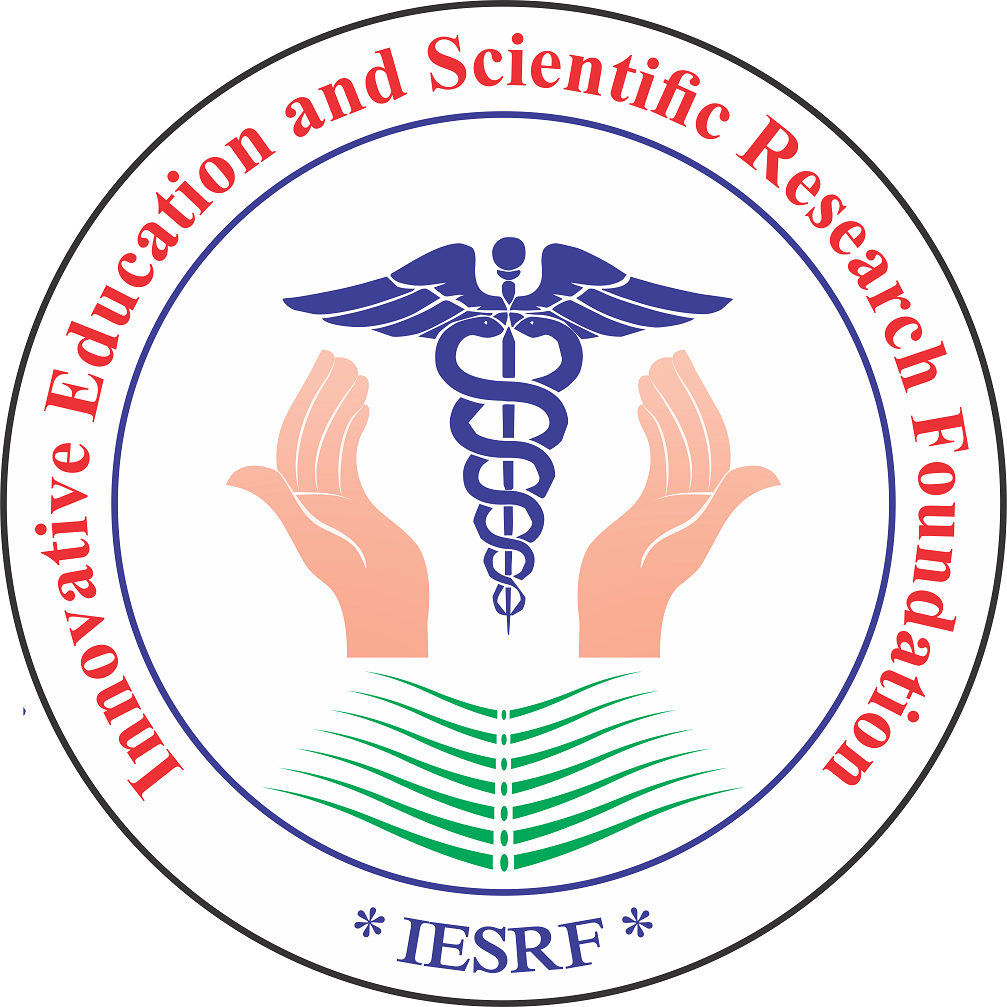- Visibility 55 Views
- Downloads 21 Downloads
- DOI 10.18231/j.jpbs.2024.001
-
CrossMark
- Citation
In the last few years, there has been an unrivaled fusion of technology and healthcare services, ranging from robotics and sophisticated medical devices to telemedicine, predictive and prescriptive data analysis. Regardless of their field of expertise, healthcare professionals worldwide are currently working hard to leverage healthcare technology in order to deliver patient care that is high-quality, safe, and responsive. There is a growing need for top-notch healthcare in all cultures as the world's population ages and the number of people with many chronic conditions increases. Medical artificial intelligence (AI) primarily uses computational methods to make clinical diagnoses and therapy recommendations. Artificial intelligence applications have been developed nowadays to discuss a few of the most pressing problems that health organizations are currently experiencing. The healthcare sector uses a lot of data-intensive operations, and the availability of enormous amounts of data, combined with improvements in processing power and artificial intelligence techniques, has created a plethora of new opportunities. The phrase artificial intelligence (AI) refers to a wide range of computer advancements that imitate the deep learning, engagement, adaptation, and sensory perception mechanisms that underpin human intelligence. [1], [2] Artificial Intelligence is a fast-growing technology that has the potential to completely change how we work and live. AI has the power to revolutionize a wide range of industries, including healthcare, banking, and transportation, opening up new commercial and organizational prospects. With major developments in machine learning and deep learning techniques, artificial intelligence (AI) has been revolutionizing a number of industries, including healthcare, banking, and transportation.[3], [4] The use of artificial intelligence in clinical research and medical therapy is becoming more and more obvious. The study has demonstrated the worth and promise of health solutions powered by AI. Currently, governments and creative groups are devoting resources to the use of AI in medicine.[5], [6], [7]
Four areas are anticipated to be affected by AI-powered medical service delivery: clinical decision support, patient follow-up, medical care intercessions, and medical services organization. AI approaches have proven to be very good at identifying meaningful patterns in data, which has led to a great deal of experimentation using them as clinical trial tools. This is especially true when it comes to supporting decision-making at every stage of diagnosis and treatment, as well as forecasting and prognostication. [8], [9] Health organizations need to overcome several challenges in order for AI to be successful. Among these challenges are the following: (1) A lack of understanding about the capabilities and limitations of a particular type of AI technology; (2) A lack of well-defined plans for incorporating different AI technologies into the current care systems to effectively address the most pressing problems facing health organizations; (3) A shortage of workers equipped with the skills required to implement AI; (4) Incompatibility between AI technologies and legacy infrastructure; and (5) Insufficient access to high-quality and varied data. [10], [11]
Furthermore, an AI system collects useful information from a large patient population to support decision-making. warning for health risks and instantaneous deductions medical forecasts of the results. As we work to make high-quality healthcare more widely available and affordable, there are countless opportunities that arise from combining healthcare services with technology. This can involve anything from streamlining administrative work and lowering fatigue to enhancing telehealth tools to assist patients in getting the care they require.[12] Artificial intelligence (AI) finds numerous applications outside of the healthcare industry, including data management, drug research, diabetic treatment, digital consultancy, etc. Research indicates that the use of AI in healthcare is essentially expanding. There are several examples that show how medical AI can help physicians and patients deliver care much more expertly in the twenty-first century. AI has produced enormous benefits for the medical profession. AI is mostly used in the medical field for disease diagnosis, treatment planning, mental health problem identification, etc. There are several AI techniques available for diagnosing diseases including cancer, strokes, and other conditions.[13]
Conflict of Interest
None.
References
- M Rigby. Ethical Dimensions of Using Artificial Intelligence in Healthcare. AMA J Ethics 2019. [Google Scholar]
- E Daskalaki, P Diem, SG Mougiakakou. Model-free machine learning in biomedicine: Feasibility study in type 1 diabetes. PloS one 2016. [Google Scholar]
- B Mesko. The role of artificial intelligence in precision medicine. Expert Rev Precis Med Drug Dev 2017. [Google Scholar]
- MH Jarrahi. Artificial intelligence and the future of work: human-AI symbiosis in organizational decision making. Bus Horiz 2018. [Google Scholar]
- A Geron. . Hands-On Machine Learning with Scikit-Learn, Keras, and TensorFlow: Concepts, Tools, and Techniques to Build Intelligent Systems 2019. [Google Scholar]
- Z Wang, M Li, J Lu, X Cheng. Business Innovation based on artificial intelligence and Blockchain technology. Inf Process Manag 2022. [Google Scholar]
- IM Enholm, E Papagiannidis, P Mikalef, J Krogstie. Artificial intelligence and business value: A literature review. Inf Syst Front 2022. [Google Scholar]
- E Topol. . The Patient Will See You Now: The Future of Medicine is in Your Hands 2015. [Google Scholar]
- W Diprose, N Buist. Artificial intelligence in medicine: humans need not apply?. NZ Med J 2016. [Google Scholar]
- WH Crown. Potential application of machine learning in health outcomes research and some statistical cautions. Value Health 2015. [Google Scholar]
- AL Beam, IS Kohane. Translating artificial intelligence into clinical care. J Am Med Assoc 2016. [Google Scholar]
- T Lam, M Cheung, YL Munro, KM Lim, D Shung, J Sung. Randomized controlled trials of artificial intelligence in clinical practice: systematic review. J Med Internet Res 2022. [Google Scholar]
- R Bharti, A Khamparia, M Shabaz, G Dhiman, S Pande, P Singh. Prediction of heart disease using a combination of machine learning and deep learning. Comput Intell Neurosci 2021. [Google Scholar]
